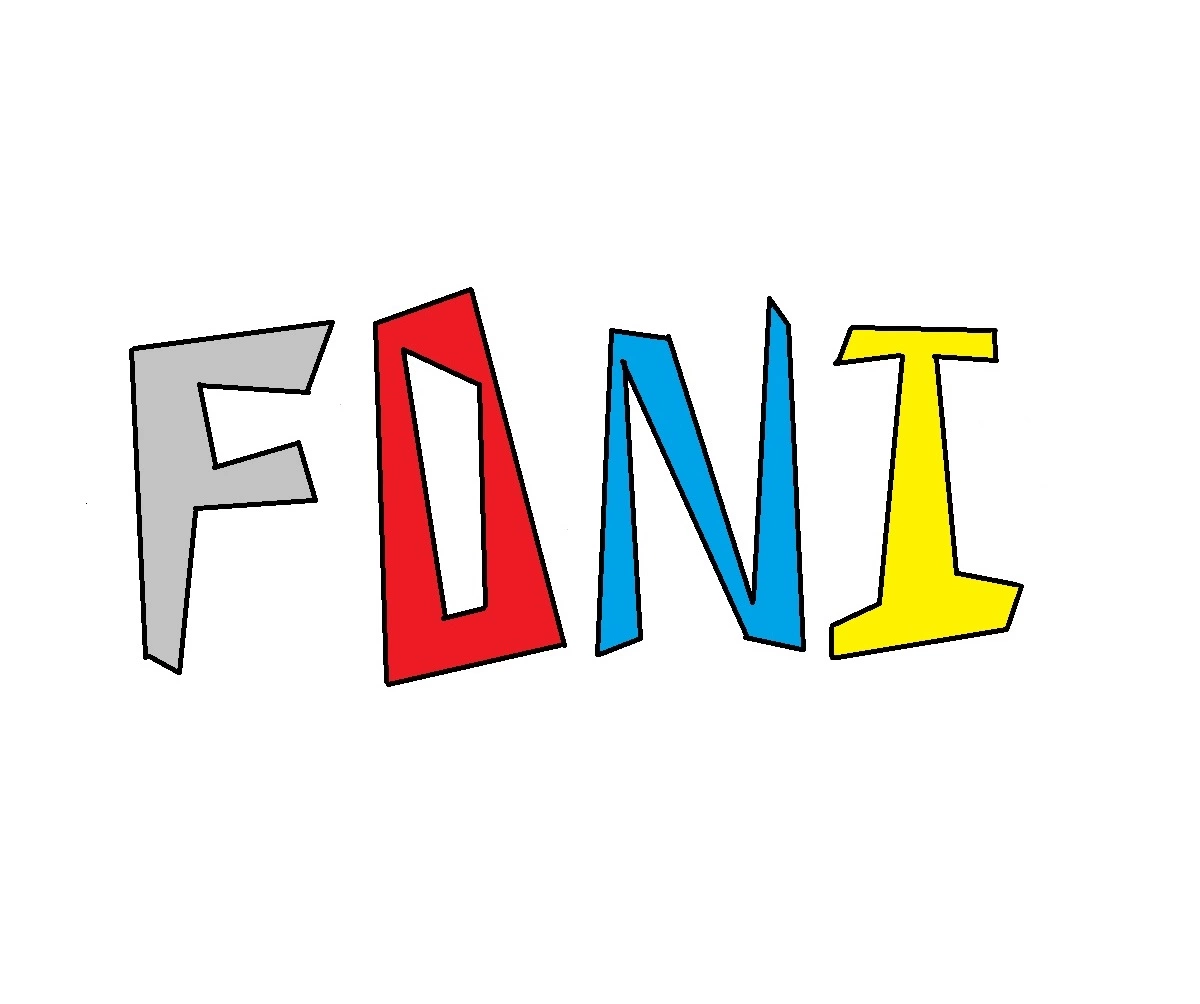
From my understanding theft has always been to take something and after the other party doesn’t have it anymore. This never applied to piracy.
For example: I used to pirate games back in school as I didn’t have the money to buy them. So there is no financial loss for the company. Yet they still frame it as bank robbery or something. “You wouldn’t download a car”

Hollywood was so adamant about “not downloading a car”.
Now they are the ones downloading actors.

This never applied to piracy.
Didn’t it? 🏴☠️

It sounds like they are saying get comfortable with piracy. How else would you want to play a game without owning it?

I understand the slogan and why it is used, but I have never had any moral qualms about pirating the intellectual property of a billion-dollar corporation, call me weird.

Yes please ubisoft make another generic assassin’s creed game that is like all the others and charge me for it on a subscription based model.
This simulation of a simulation of a game is as important as office365 with teams at least.
I think they have a solid business case there, congrats ubi.
- Jknaraa ( @Jknaraa@lemmy.ml ) 11•8 months ago
Eh… piracy wasn’t theft even before this, because you’re not taking it away from someone else.

“commies don’t want you to even own your toothbrush”

Software piracy isn’t theft because you’re not taking anything away from someone else.
That said, this meme makes no sense. You don’t own a car you rent. The car can still be stolen.

But not from the person renting it.

You pay for it, sure, but I’m not sure you “purchase” a rental car. Imho there sould be a legistlation that says you can’t use wording like “buy” or “purchase” for digital media that you don’t own. Like “buy license” or “start rental”… IDK

Sure? Stealing from a rental car company is still theft. If software piracy was theft, making that software a rental instead of a purchase doesn’t change that fact. You would still be stealing something.

Knowledge theft just can’t be compared with object theft like that. If you had a device that could perfectly replicate a car just by sitting in it, that would be closer.
Alternatively, car companies that can grenade your car’s engine if you drive somewhere they don’t like, or otherwise prevent you from using the car, while still asking for $50k+.

None of that has to do with the definitional distinction the meme is making. I’ve already said it’s not actual theft, my problem is that the argument presented is bad. Even if a customer transaction does not confer ownership, it is possible to steal the thing transacted upon. So piracy WOULD still be theft, if it was theft in the first place. The argument doesn’t work, unrelated to whether or not I agree with the conclusion.
Alternatively, car companies that can grenade your car’s engine if you drive somewhere they don’t like, or otherwise prevent you from using the car, while still asking for $50k+.
Any car that exists can be stolen. That describes a car I wouldn’t want to buy or rent, it does not describe a car which could be taken without that taking being theft.

A device that destroys itself when stolen can’t be stolen successfully. The metaphor still fails somewhat as making a new car isn’t free.
I think I see your point though; theft isn’t defined by ownership, so ownership status is not a case for theft (although they do tend to be caused by the same things). “If the plane wasn’t flying, then I didn’t crash”; crashing is not defined by flight worthiness, or even being in the air.
The logic of the idiom is in the simile though, “buying ≠ owning” has the same logical flaw; there are lots of things we buy that can’t be owned, chiefly services. Yet the expectation of the saying is that buying to own is not owning. Perhaps more explicit would be “If not giving what was payed for isn’t stealing, then taking what should be given isn’t stealing either”, or “If you take our right to own, we’ll take your right to own”.
Like most sayings, being snappy is more useful that being correct, but there’s also an important meaning there if we take the snap out of it.

Everyone here will balk and biych about it and rightly so, but this will happen, unfortunately. Why? Because Ubisoft is on the path of enshittification, and most of humanity are dumb and don’t care and will walk willingly like sheep to the slaughter.

Never was

Hey I’ve seen this one before!

Can someone explain the logic behind this? Other than “they say that, so we get to say this!”

If you purchase it and they can still take it away from you at will, it isn’t something that can be owned. If it isn’t something that can be owned, piracy isn’t stealing because for it to be stealing somebody would have to own it.
